Choosing a career is a big deal. And whether you are fresh out of high school and entering college, or have worked a job you realized you don’t love and are looking to make a shift, asking yourself a few questions and taking an inventory can be helpful in choosing a career you will love.
The right career can help make your life more fulfilling and full. Making a wise choice can enable you to avoid a lot of suffering and enable you to fund a lifestyle that you enjoy.
In addition to financial challenges that can present themselves, it’s just not fun to go to a job you don’t like day after day.

Use These Ideas To Choose A Career That’s Right For You
What Do You Like To Do?
With the average retirement age being at 62, and assuming at least 4 years of college were completed after high school, the vast majority of us will be working for 40+ years of our adult lives.
With that in mind, it would be smart to find a career that centers around something that you enjoy. In a recent poll held by Gallup, it was determined that 85% of full time working employees are unhappy at work. Imagine spending 40+ years doing something that you don’t enjoy and have no connection to.
It is never to late to make a transition to a new career. While you don’t have to keep the same career for all of your life, you can lose ground each time you make a switch.
What do you like to do?
Consider your interests?
What could you see yourself doing for a decade or more and be happy?
Something to also consider is what do you really dislike?
This question is equally as important so that you assess what areas off limit for you.
“Accept yourself, your strengths, your weaknesses, your truths, and know what tools you have to fulfill your purpose.”
— Steve Maraboli, Life, the Truth, and Being Free
What Are Your Strengths?
The best careers are enjoyable and take advantage of your strengths. Think about what are you naturally good at.
What are things that people ask you about or look to you to be an expert in?
What have you become good at because you’ve spent so much time learning or practicing?
Not all of your strengths will be transferable to a career directly, but some of them will transfer quite nicely. Ask yourself what you can do better than most people.
Whether you decide to turn your hobby into a new small business, or the things that you are really good at are in alignment with an employment opportunity, focusing on your strengths and the things that you love to do will prove to beneficial in your success.
What Are The Long-term Options?
Some careers have better long-term prospects than others. For jobs that require you to be in physical shape, problems that come with age could impact your career.
Think about what you could do 20 years down a particular career path. Ask yourself “is there the possibility to advance?”, or “could you use the skills you build in that job and transfer them to another down the line?”.
Avoid limiting your thinking to the next couple of years. You’ll likely be working far beyond the next 3-5 years.
What Type Of Work Environment Do You Prefer?
Does working in an office with cubicles leave you feeling a sense of community? Do you want to be able to work from your own home office?
Do you want to work outdoors? In a manufacturing setting? A laboratory?
Think about work attire. A uniform? Suit and tie? Jeans and a t-shirt? What will you be most comfortable in and feel like your best self day-to-day?
What Lifestyle Do You Prefer?
This includes income, do you like living in the city? Or do you prefer a country setting? What jobs are available in different areas? How far are you willing to commute.
Is travel a necessity or deal-breaker?
Do you prefer to have some time spent living out of a suitcase versus going into the same work location each day?
Do you like to work nights, so your days are free?
Take time to visualize your ideal lifestyle and consider the various careers that align with that lifestyle. Matching up financially, in addition to your interests and strengths.
Consider Your Educational Credentials Versus What A Career Requires
Nurses have to attend an undergraduate program and earn their license. Doctors need to attend medical school and also allot time for residency. A teacher in a public school needs a teaching license.
Determine what your current education level is and how much additional education you’ll require for a particular career and whether or not you’re willing to acquire it.
If you’re against additional schooling, then you may face certain limitations.
Taking all of the above into account, what careers seem like a good fit for you?
If you are still not sure, there are several personality tests out there that can help you dig in a bit more, or you could even hire a career coach/counselor to help you flesh it out and also hold you accountable during the process.
The perfect career will be something you love, that you’re good at, that also fits your dream lifestyle and work environment.
If none of your options are appealing to you, you might want to weigh out the pros and cons of going back to school for additional education.
Another few years of schooling might be something that you don’t want to do, but keeping in mind the long term goal versus the amount of time it would take to earn the necessary credentials.
A few years is really a drop in the bucket compared to the rest of your life.
A poor career choice can come at a high price down the road. Take the time to make a decision that feels good and rewarding.
It will be time well-spent.




One Comment